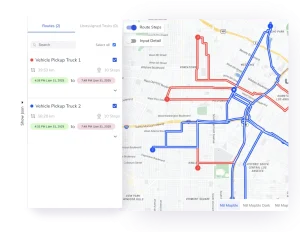Hiring Remote Workers

Hiring remote workers has many benefits for companies. Remote workers often have better work-life balance, and they can be more productive. They also reduce company overhead. For example, companies that hire remote employees don’t need to pay the high cost of office space or pay relocation expenses. Additionally, they save money on gas, car insurance, maintenance, and food costs.
When hiring remote workers, make sure to provide them with a competitive compensation package. Many companies offer benefits and training to their remote employees. You should also offer perks like discounts at local stores. Employees can also refer others to your company, which can increase your chances of getting qualified applicants. When hiring remote employees, keep in mind that they are likely to work longer hours than an office employee, so be sure to offer them an ample vacation plan. Some companies offer unlimited vacation days. Other benefits include health insurance and life insurance.
Hiring remote employees requires different communication techniques than hiring a local employee. You should send an email confirming the application, and a thank-you email to the candidate. Personalize the email with the company name and offer them links to learn more about your company. Also, consider creating a career page on your company website. Help Scout, for example, has a dedicated section for remote employees, which contains videos of behind-the-scenes operations and testimonials from current employees.
Despite the benefits of hiring remote employees, many employees find the change challenging. One study published in 2016 examined the productivity of a remote employee, which was 94% higher than that of an employee who worked from a fixed location. The study also revealed that remote employees don’t take sick days, and they are less likely to get distracted.
Hiring a remote employee is similar to hiring on-premise workers, but the focus must be on how the job will be done, so that the job posting will be more focused on the requirements of the remote employee. A job description should be detailed and include the tools and qualities required for the job. A company should also know where the job posting will be seen and what benefits will be gained from it.
Hiring remote employees is beneficial for both employers and job seekers. It is especially beneficial for companies that hire long-term employees, since it eliminates the problem of commuting. In fact, half of all employees would change their jobs for a shorter commute. Regardless of the advantages of remote hiring, it’s worth considering it.
Hiring remote workers can be difficult, and managers may find it challenging to adjust to the different time zones of remote workers. For example, a manager in the US may have trouble communicating with a remote worker in Singapore at 10 pm.


